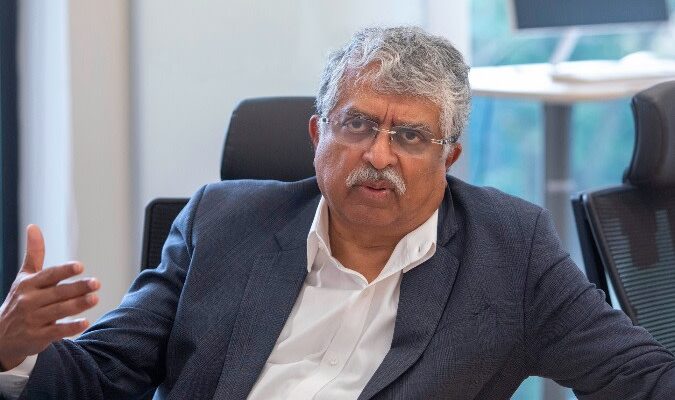Unlock the Editor’s Digest for free
Roula Khalaf, Editor of the FT, selects her favourite stories in this weekly newsletter.
Bangladeshi prosecutors say that British MP Tulip Siddiq holds Bangladeshi citizenship, despite her claims she does not, as the former anti-corruption minister faces trial.
The Labour MP has held a Bangladeshi passport and identity card as an adult, and has been registered to vote in the country, Mohammad Sultan Mahmud, public prosecutor for Bangladesh’s Anti-Corruption Commission, told the Financial Times on the sidelines of court proceedings this week in which Siddiq stands accused of improperly acquiring state-owned land.
“Her address, her multiple passports, and her name in the voter registry — all of these have been found. We will submit them in due course,” he said.
Several other Bangladeshi government departments or bodies, which hold such records, confirmed they had copies of the documents when asked by the FT.
Siddiq — who has called the upcoming trial “a persecution and a farce” — has long claimed that she was not a Bangladeshi citizen, telling reporters in 2017: “Are you calling me Bangladeshi, because I’m British . . . I am not Bangladeshi.”
A spokesperson for Siddiq’s lawyers Stephenson Harwood denied the documents existed, and suggested they were fabrications. “Tulip has never had a Bangladesh national identity card or voter ID and has not held a passport since she was a child,” he said.
While the question of her citizenship does not affect whether Siddiq can be prosecuted under Bangladeshi law, according to legal experts, it is potentially embarrassing to have her honesty disputed days before the court trial begins.
Siddiq’s aunt Sheikh Hasina was ousted as prime minister of Bangladesh last August.
The Anti-Corruption Commission alleges Siddiq and several relatives, including her aunt, her mother and her siblings, benefited from the unlawful allocation of government plots in Dhaka’s Purbachal New Town project. Prosecutors claim Siddiq used her political influence to bypass eligibility rules.
Sheikh Hasina’s 15-year rule, marked by accusations of authoritarianism, electoral manipulation and cronyism, ended abruptly when student-led protests erupted into nationwide unrest, forcing her to flee to India. Her departure cleared the way for an interim government led by Nobel laureate Muhammad Yunus to launch sweeping corruption probes into her administration and family.
The MP for Hampstead and Highgate, who is being tried in absentia, says she has received no communication from Bangladeshi authorities about the case. “No engagement. No evidence. Not even a response to legitimate enquiries from my lawyers,” Siddiq wrote on X on Monday. “That’s not due process — that’s persecution and a farce.”
Mahmud, the ACC prosecutor, said a summons was sent to Siddiq’s Bangladesh address listed on her passport, national identity card and voter roll.
“The addresses we visited were the ones listed on the voter ID card,” he said. “She also has a national ID card and a passport. Our ACC teams, multiple teams, went to those addresses for investigation, and notices were served in due time.”
A letter from Siddiq’s lawyers addressed to the ACC in June, seen by the FT, accused the body of conducting a politically motivated campaign against her and of refusing to engage directly with her legal team.
Bangladesh’s electoral commission confirmed that Siddiq holds a national identity card, though this does not directly indicate citizenship.
Siddiq resigned from her ministerial post in the UK government in January after facing political pressure following allegations first reported by the FT that she had benefited from properties linked to the Awami League, the party led by her aunt, Sheikh Hasina.
Siddiq, who has denied any wrongdoing, has said she is the victim of a witch-hunt by the Yunus administration.


